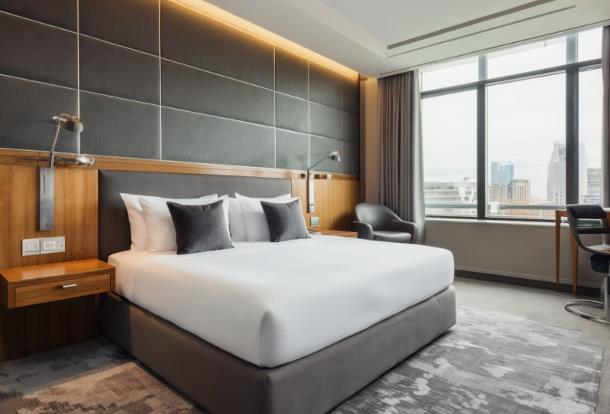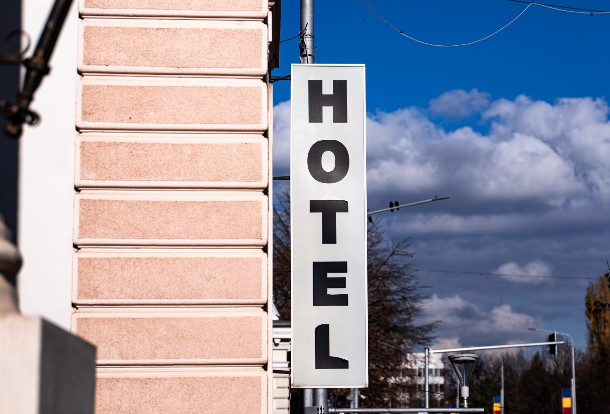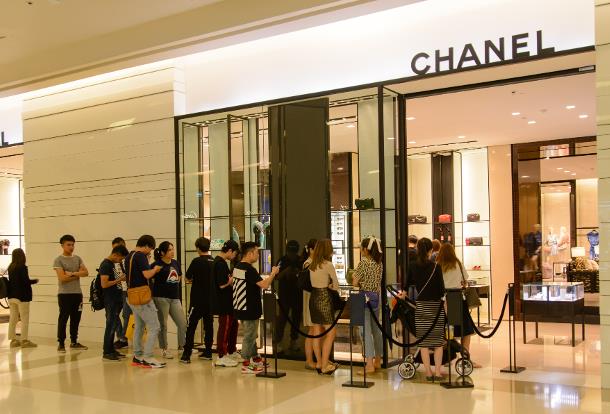The increasing globalization and economic prosperity of second-tier cities such as Chengdu and Wuhan has spurred demand for luxury services, especially hotels.
Luxury hotels converge in Wuhan
Wuhan is still a largely untapped market for luxury hotels, maintaining only a limited supply of five up-market hotels for a number of years. The city added only the 800-room Wanda Westin to its luxury hotel market even during the nation-wide hotel boom in 2009 to 2012, according to an industry observer.
The luxury hotel growth pace picked up in 2013 when it got a 2,292-room boost from newcomers including Sheraton. Another 922 rooms came on stream in 2014, and the number of five-star hotels in the city increased to 14.
Nine global luxury hotels including Marriot, Four Seasons, Intercontinental and Grand Hyatt announced in 2014 that they would expand to Wuhan within four years, bringing total supply to 12,600 rooms.
However this expansion comes during a major slump in the market which looks to continue in 2015.
The average daily rate (ADR) for 11 of Wuhan’s luxury hotels fell 11.2% to RMB649, while average occupancy rate also slipped 11.2% to 45.55 and RevPar dropped 28.9% to RMB295 at November 2014.
Market sustainability to be tested
Wuhan’s economy is relatively active compared to other second-tier cities, recording a higher GDP growth rate than the national average in recent years. Its increasing globalization is also a key engine spurring demand for luxury hotels. Although the market still caters mainly to business travelers, Wuhan’s domestic tourism market is maintaining a 20% growth rate in the number of recorded trips.
Chengdu also has a similarly active economy but its luxury hotel market began to take off even earlier than Wuhan. Consequently its ADR and occupancy rates have dropped more visibly than Wuhan. “Overall, the hotel supply in Chengdu was added in a rush at around the same time, whereas Wuhan’s new supply was more spaced out in timing, and the new hotels have more distinctive positioning and appeal to different segments. Hence the Wuhan market has a stronger outlook,” he added.
“Typically it takes a hotel about 3-4 years to develop from scratch and around 20 years of operation to break even, without taking land value into consideration,” he said.(Translation by David)




